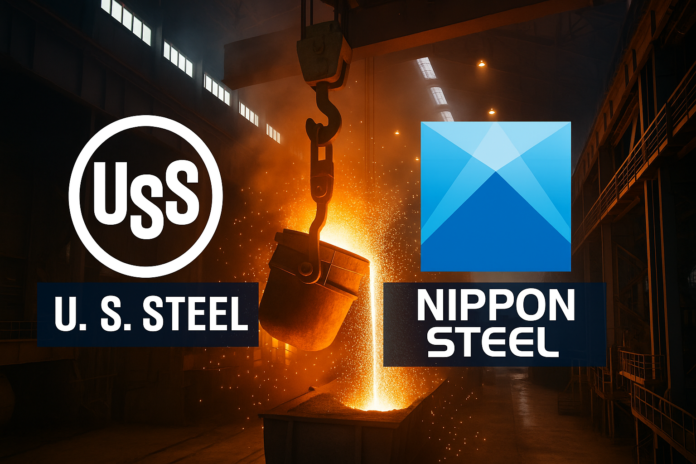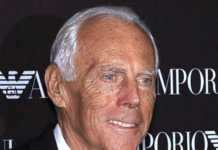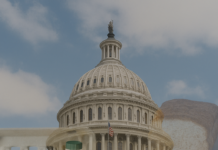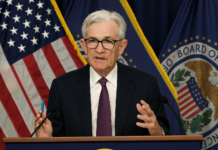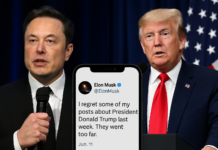President Donald Trump has approved the purchase of U.S. Steel by Japan-based Nippon Steel, but with an uncommon arrangement: a “golden share” that grants the U.S. government ongoing influence over major decisions affecting the company. The deal, which totals $14.9 billion, includes investments and commitments intended to address concerns about jobs, national security, and corporate control.
This golden share arrangement allows the government to block certain actions, such as relocating U.S. Steel’s headquarters from Pittsburgh, transferring jobs abroad, or changing the company’s name. President Trump will also have a say in board appointments, including the ability to name one of three independent directors and veto the others. These terms were disclosed by Commerce Secretary Howard Lutnick and later confirmed in public statements.
The golden share concept, while rare in the U.S., has been used in other countries such as the U.K. and China to maintain oversight over strategically important companies. In this case, it gives the government a standing role in U.S. Steel’s future operations under foreign ownership.
The U.S. government and the involved companies have not released the full agreement, leaving some aspects unclear. It’s uncertain whether the golden share will continue under future presidents or how much authority it will provide in practice. However, the Commerce Department described the arrangement as “perpetual.”
Nippon Steel’s investment commitments include $11 billion in the U.S. by 2028, with plans for additional expansion in later years. These efforts aim to bolster domestic steel production and employment, and include the creation of new facilities. The company has also pledged to appoint U.S. citizens to key management roles and maintain its U.S. base in Pittsburgh.
The merger faced strong resistance during the 2024 election season, with both Trump and then-President Joe Biden expressing concern about foreign ownership of a major American steelmaker. Biden blocked the deal on national security grounds near the end of his term, prompting legal action from the companies. Trump later reversed course after concessions were made by Nippon Steel and public feedback suggested local economic benefits.
Labor groups have remained wary. The United Steelworkers union said it was dissatisfied with the lack of transparency and expressed doubt about Nippon Steel’s intentions. Union leaders emphasized that while Trump’s executive order provides oversight, only time will tell whether the promises made will be honored. They also voiced concerns about past behavior by Nippon related to global steel overcapacity and recent accusations of dumping.
Experts note that the golden share introduces a new level of direct involvement by the U.S. government in corporate governance. Some praise it as a way to enforce long-term commitments and protect jobs, while others worry about the risks of political overreach or shifting expectations under future leadership.
While the transaction creates one of the world’s largest steelmakers, it also marks a new chapter in how foreign acquisitions in sensitive industries may be structured going forward. The inclusion of a golden share could become a precedent for future deals involving national interests.
This image is the property of The New Dispatch LLC and is not licenseable for external use without explicit written permission.
